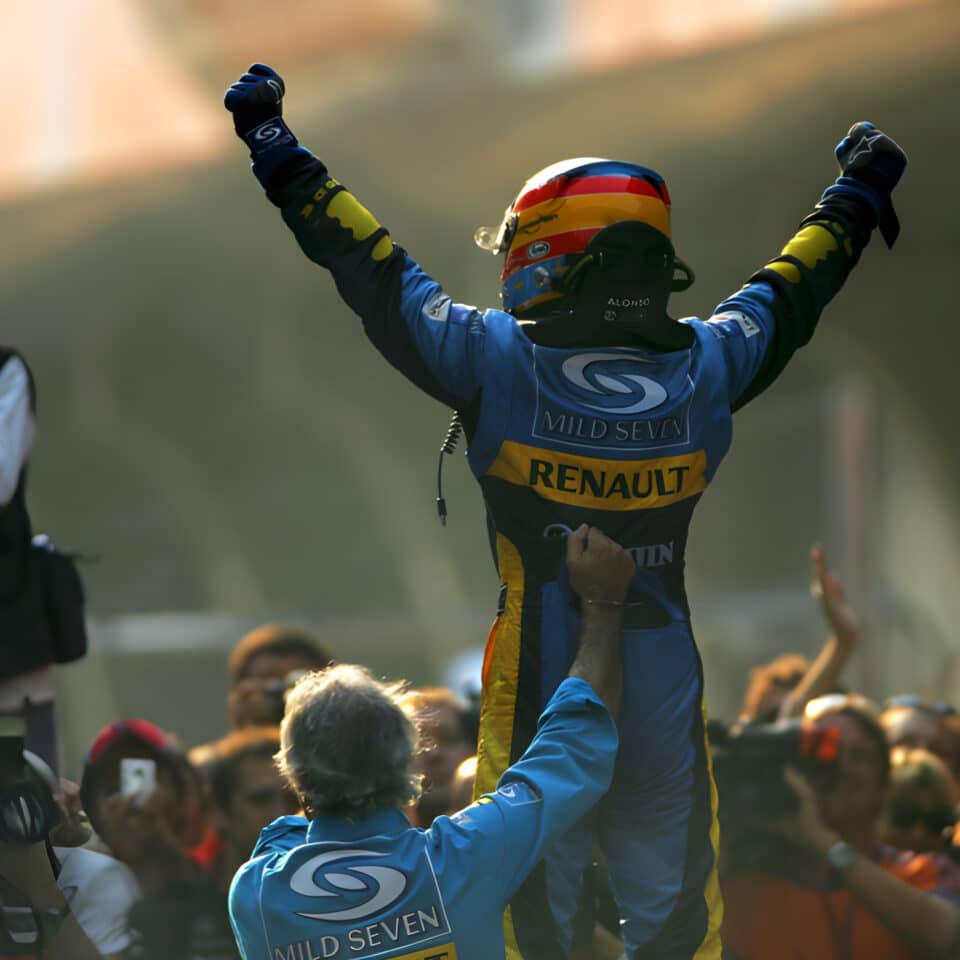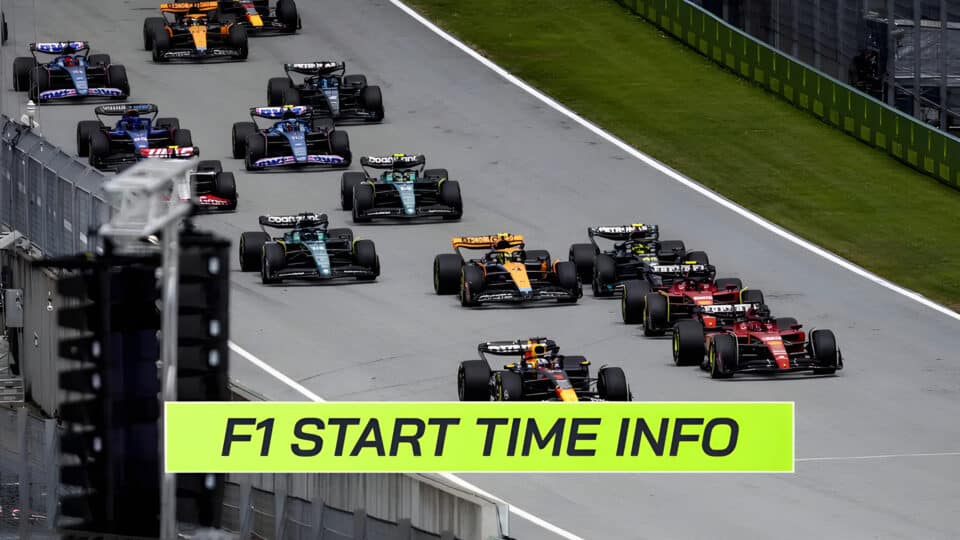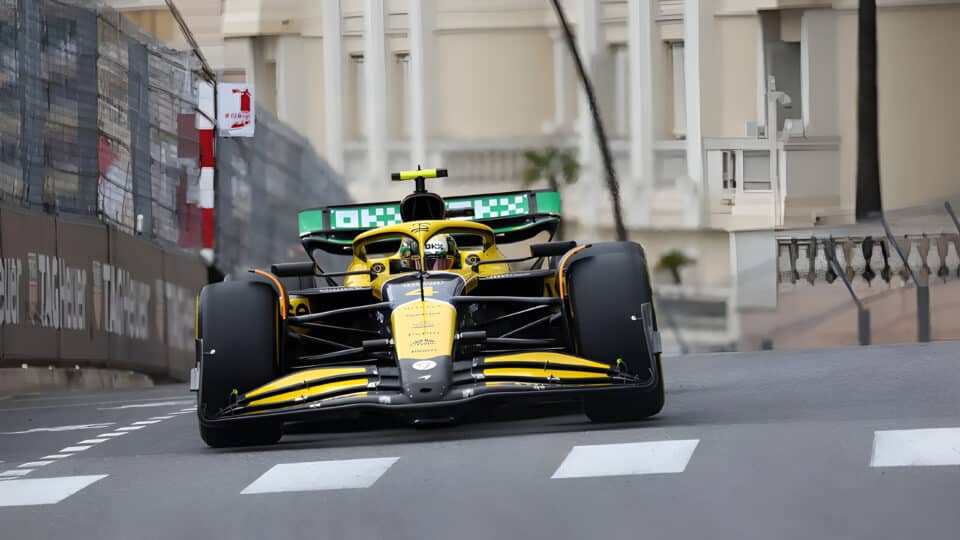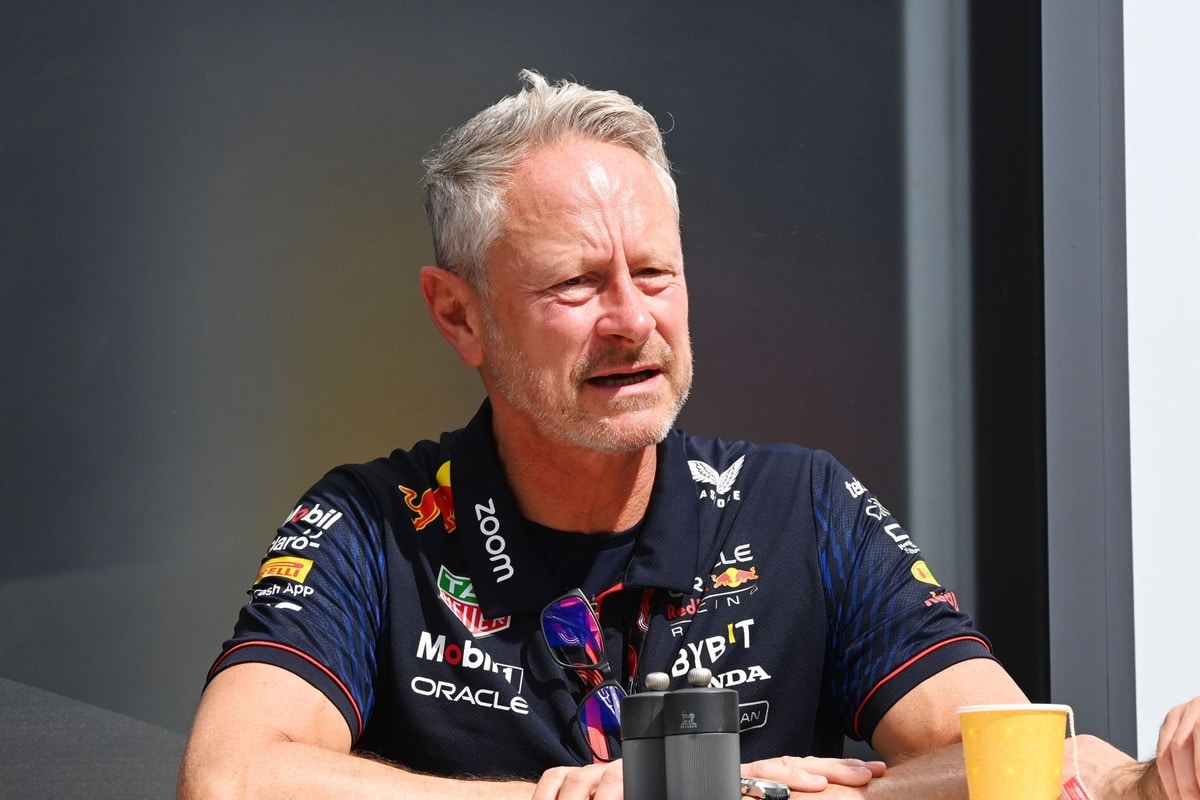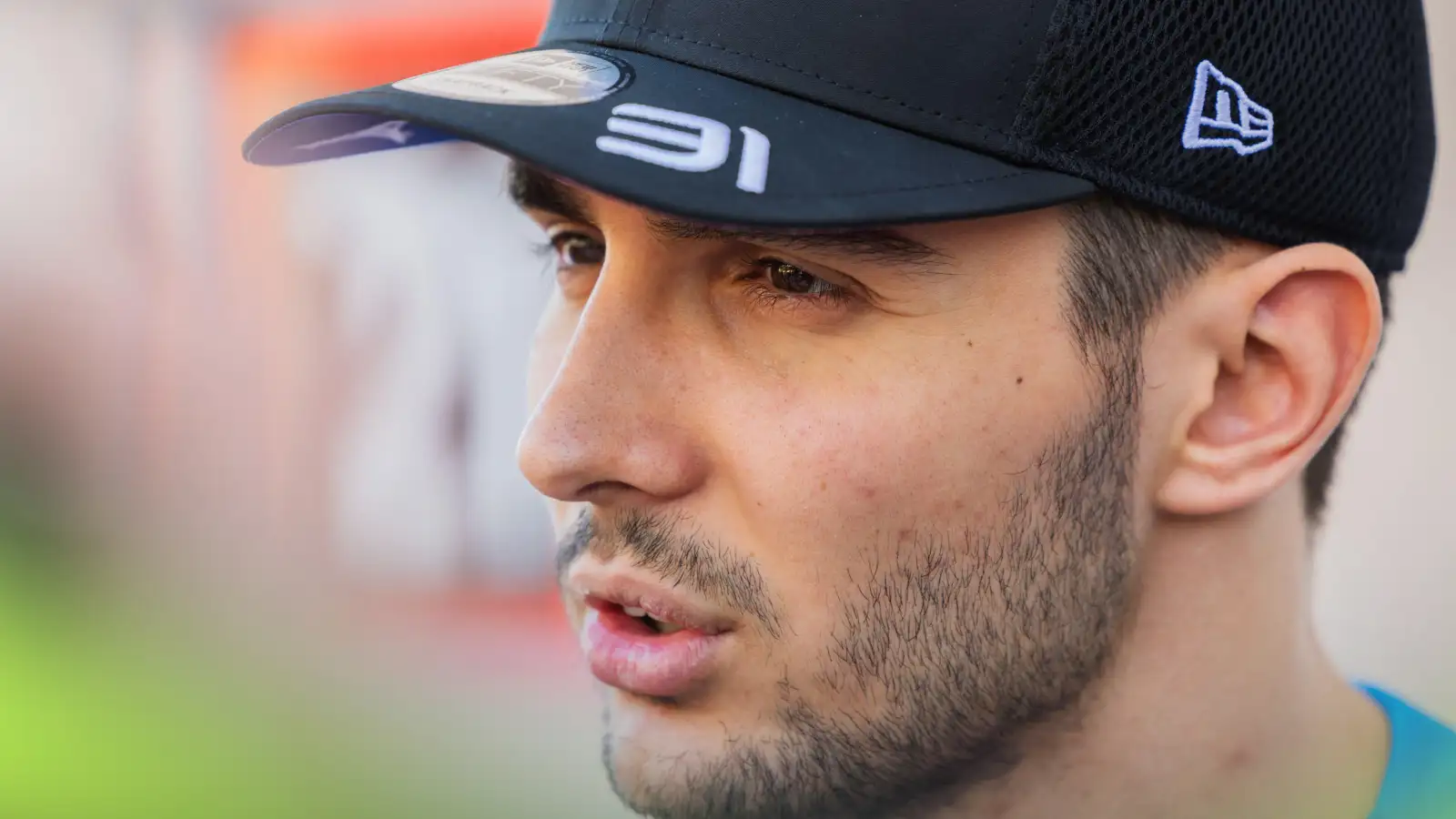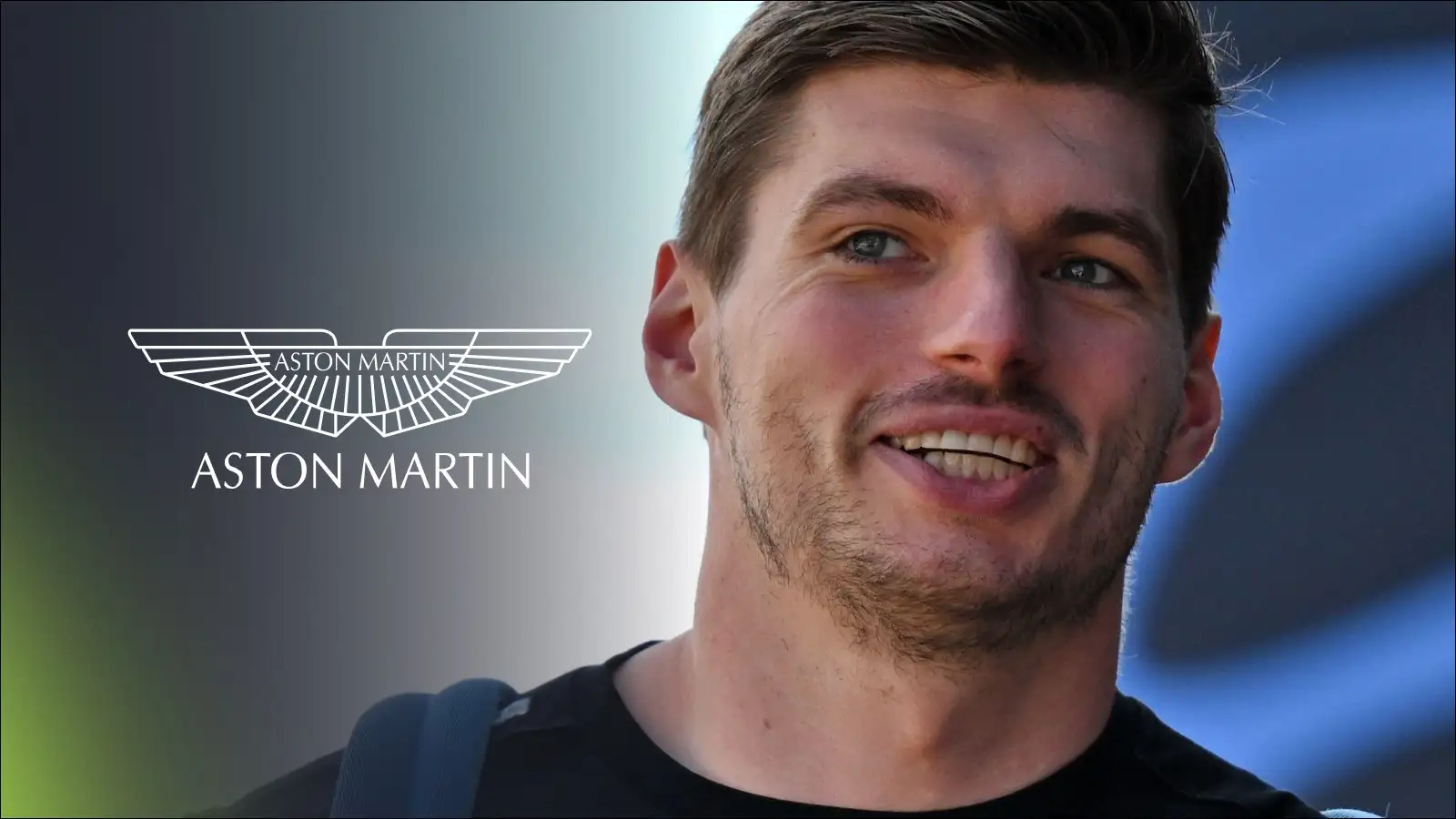The Formula One world is buzzing with speculation as Flavio Briatore, the former Renault team principal, is rumored to be making a comeback. At 74, Briatore could be re-entering the sport, a possibility that has generated intense interest among fans and analysts.
Renault’s F1 team, now known as Alpine, has not dismissed these rumors, keeping the door open for Briatore’s return. The specifics remain unclear, but reports suggest that Renault boss Luca de Meo has approached Briatore to take charge of the struggling Alpine team. This unexpected move could see Briatore, a figure synonymous with F1 success and controversies, return to address Alpine’s current challenges.
Various media outlets, including Corriere della Sera and L’Equipe, have reported that Briatore has already initiated talks with Adrian Newey, the renowned car designer who recently left Red Bull Racing. The discussions are centered on the development of the Alpine 2026 car, highlighting the seriousness of Alpine’s intentions to boost its performance.
If Briatore returns, it won’t be as a traditional team principal but in a more influential advisory role. He would act as a “supervisor” with significant decision-making powers, focusing on team development, personnel, and engine factory operations. His new role wouldn’t require constant involvement in on-track activities, marking a strategic reunion with Renault, the team he led to two Drivers’ World Championships with Fernando Alonso in 2005 and 2006.
Briatore’s career in F1 has been a mix of triumph and controversy. Initially making a name for himself in various industries, Briatore entered Formula 1 through connections with Luciano Benetton, founder of the Benetton clothing brand. In 1988, he was appointed commercial director of the Benetton Formula One team, quickly rising to Managing Director in 1989. One of his first major moves was hiring technical director John Barnard from Ferrari, showcasing his knack for acquiring talent.
Under his leadership, Benetton flourished. Briatore recruited Michael Schumacher in 1991, who would become one of F1’s greatest drivers. Benetton won its first Drivers’ Championship in 1994 with Schumacher, followed by both the Drivers’ and Constructors’ Championships in 1995. This success built Briatore’s reputation as a master strategist in F1.
In 1997, Renault acquired Benetton, and Briatore transitioned to run the Renault F1 team. He continued his successful strategies, including signing Fernando Alonso, leading to back-to-back Drivers’ and Constructors’ Championships in 2005 and 2006. However, his career was marred by the 2008 Crashgate scandal, where Nelson Piquet Jr. was instructed to crash deliberately during the Singapore Grand Prix to benefit Alonso. This led to Briatore’s expulsion from F1, although he was later reinstated.
Despite his departure, Briatore maintained strong ties within the F1 community, including his long-standing friendship with Bernie Ecclestone and his role as Fernando Alonso’s manager. These connections and his undying passion for motorsport have kept him close to the F1 scene.
Renault rebranded its F1 team as Alpine in 2021. However, the team has struggled, with only one victory in 2021 by Esteban Ocon in Hungary. The team finished fourth in the Constructors’ Championship in 2022, aided by Alonso, but has since declined. In 2023, Alpine dropped to sixth place and has scored just two points this season amid internal conflicts between drivers Pierre Gasly and Ocon.
In response to the rumors, Alpine released a statement neither confirming nor denying Briatore’s potential involvement. The team emphasized its continuous search for expert advice to improve performance. “As a team, we are in contact with many experts in the sport in order to improve our performance. We consider all possible inputs and rely on the advice of experts who have already been successful,” said Alpine. When asked specifically about Briatore, they added, “But we will not talk about individuals.”
Alpine’s current performance issues suggest a need for a strategic overhaul, and bringing in an experienced figure like Briatore could provide the leadership and expertise required to navigate these challenges. His potential involvement would likely focus on providing strategic oversight and maximizing the team’s resources and talent. Given his track record and connections within the sport, Briatore is a compelling candidate to help Alpine regain its competitive edge.
The possibility of Flavio Briatore’s return to F1 has injected a sense of excitement and speculation into the sport. As Alpine navigates this critical period, all eyes will be on the team to see if Briatore’s influence can steer them back to success.
